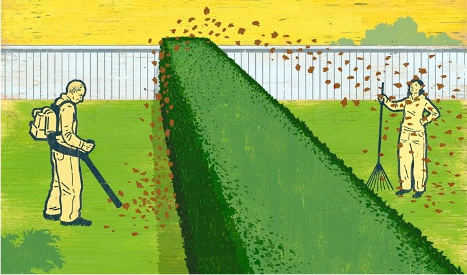
.... that you are thinking that he is thinking? This is the funny paradox that is a big factor in the financial markets. In 'A mathematician plays the stock market' by John Allen Paulos, the author analyzes where this is going and what it means.
In his book, he refers to something John Maynard Keynes once said. Keynes thought that trading is much like a beauty contest in the newspaper (which was popular in his days). The reader could choose among a hundred contestants and send in their choice of five. The reader would win if the five contestants he had chosen became the contest winners for getting the most votes.
So the job of the reader is not to pick the contestants by his own taste, but he must anticipate what the average opinion expects the average opinion to be. This reasoning is done by every reader, and there you have the what-is-he-thinking-that-I-am-thinking-that-he-is-thinking. Wikipedia has a full description of this experiment and also introduces the Nash equilibrium.
Traders are faced with the same kind of problem. Simply buying stocks of companies that have great earnings is something your neighbor probably already has done, and your neighbor's neighbor does too. On many occasions, the financial market is a big Ponzi scheme where new buyers fund the people who are already on board. Don't be the last person to get on board. Always ask yourself if you are really that smart, or maybe your neighbor is smarter this time. He will sell the stock to you on good news and collect his profit. Now, who are you going to sell it to? Your other neighbor? If you are buying, someone else is selling, and maybe that seller is smarter than you.
This may sound like you're fighting a trading battle with your neighbor, but it's not. It's all about realizing the fact that there are many other opinions out there and that the market may not follow your expectations, no matter 'how right' you are.